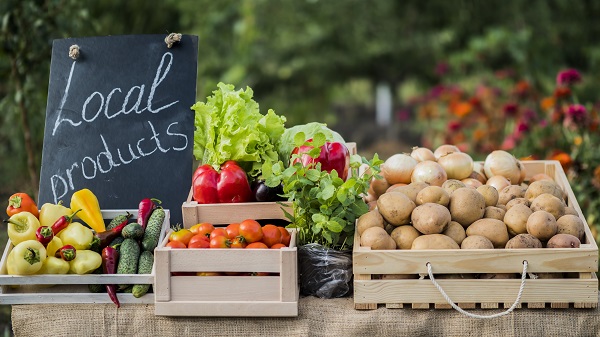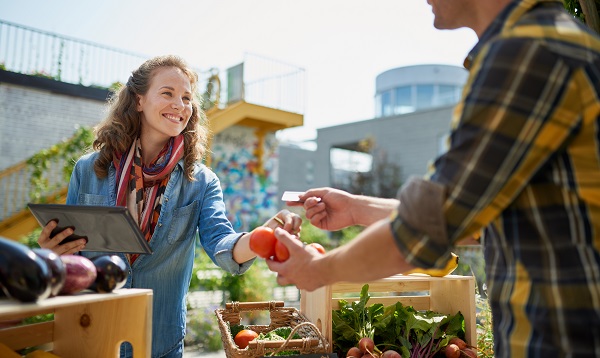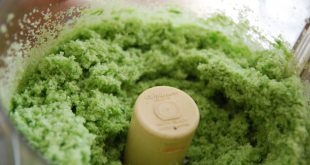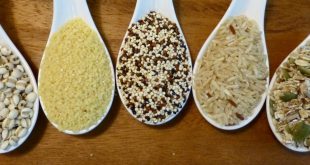Buying locally produced goods is a great step towards supporting your local farmers and producers. This will boost their sales and help their farms stay afloat since they rely on customers from the same area. Furthermore, this is a great way to incorporate sustainability into your lifestyle. Buying local produce also benefits the environment such that you’re avoiding brands that possibly use different forms of transport for product distribution. Sadly, that part of the business process contributes heavily to the earth’s already excessive carbon footprint.
Over the years, the number of people who opt for alternatives to store-bought fresh food items has been increasing for various reasons. If you’re a newbie at buying local fresh produce, this article will give you an easy guide on how to do it. Read on to learn more.

- Research If It’s Really Locally Produced
When you’re buying local picks from your farmers, you may want to research if it’s really locally produced so that you can ensure that you’re not just buying from a reseller.
For example, you want to pick out microgreens from a local farmer for your salads and sandwiches. You may want to check their website to get the basic information on the company and their other products, check on its legitimacy, and confirm through online customer reviews if it’s indeed locally grown.
Alternatively, you can always ask for recommendations from friends and family who have more buying experience dealing with the said farm.
Remember, when it comes to buying local products, having the right information is the key first step.
- Check The Freshness And Quality Of The Product
Don’t forget to check the freshness and quality of the produces that you’re buying because this may affect the way it tastes when you’re already going to cook or eat it.
Pick fresh produce that is in season and doesn’t spoil easily even if you just bought it from the market. Typically, local farms have calendars so you can check on the availability. Opting for fruits and vegetables in season will also guarantee you their freshness and quality since they are grown in the most favorable conditions.
In terms of quality, this means that the product shouldn’t be like it is chemically treated. Nowadays, it is common for store-bought fruits and vegetables to be chemically treated to maintain their quality and appearance for longer periods. On the other hand, you may notice that some local fruits and vegetable products may not have the same cosmetic appeal. However, this doesn’t mean that they are not quality produce.
When checking for freshness and quality, use your five senses to assess these products. For instance, an eggplant should have firm skin, may have a bouncy reaction when it’s pressed, and does not have any artificial smell.
You can also ask your local farmer if they can give you a piece to try before purchasing, so you don’t waste your money.
- Look Into The Packaging Of The Product
You can look at the packaging of the product that you’re going to buy to find out some of the information on where it was prepared or what farm it was from. This way, you can learn more about how the farm harvests their goods, and if they sell products in fresh condition. Do note that the type of packaging used for the products can also affect the quality.
Moreover, if it doesn’t have the packaging, you can at least check the brand or farm name in where you’re buying to do a little research about them. Either way, you should buy from a local farm that has packaging to ensure the cleanliness and quality of the product.
- Check And Ensure The Basic Process On How The Local Farms Grow Or Pick Their Fresh Produce
It won’t hurt if you ask for the basic procedures or processes on how your local farmers grow, harvest, and distribute their products to maintain their quality.
For example, you may want to check if they use harsh pesticides to grow their products, like anhydrous ammonia. Some farmers may be honest about it, but others may not be. If the product has a strong and unpleasant odor, they most likely use ammonia. Thus, before you go shopping, it might also help to do some additional reading on pesticides that are commonly used in commercial farming so you know what questions to ask and what you have to watch out for.
Asking them questions is acceptable because as a consumer, you would want to check the food safety of the product that you’re going to buy. Furthermore, as this also concerns your health because you’re going to consume it directly, it’s wise to ask how it was harvested or transported to the location.
If you are living in the area and they would allow, you may want to visit the farm to check if they’re indeed growing the produce that they’re selling in your community. This way, you can see for yourself the entire process involved.
Conclusion
If you want to make the most out of buying from a local farm, equip yourself with information as it will significantly help you pick the quality and freshest local produce. Use the tips in this article to make your shopping experience convenient and help you make the right choices.
Consuming local produce does not only improve your health but could also uplift the local economy, benefit the community farmers, and the environment, too.
 World inside pictures Collect and share the best ideas that make our life easier
World inside pictures Collect and share the best ideas that make our life easier









